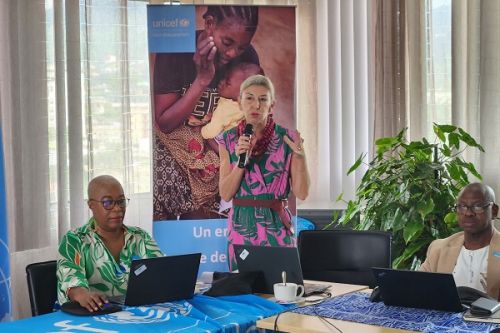Now 15th bank of Cameroon since 20 March 2017, concerns arose about what would become of the assets of the people saving with the former microfinance establishment Crédit Communautaire d’Afrique (CCA). On social networks, some people even announce that the change in legal status of CCA should worry the clients who could lose their money.
Lawyer Siméon Wachou, President of the Business Law Bar of Cameroon gave some clarifications. He explains that the transformation from microfinance establishment to bank does in no case involve the termination of rights and obligations for the parties. Example: a EMF debtor remains a debtor of the bank and the assets of the saver are now directly owed by the bank.
Siméon Wachou specifies that a bank differs from a microfinance in that it is intrinsically a public credit establishment and must comply with a set of requirements from the regulatory authority, the Central African Banking Commission. Requirements clearly distinct from the ones with which microfinance establishments must comply.
“The bank has a more important capital (in billions of FCfa) compared to the microfinance (in millions of FCfa). The bank is more demanding in terms of bank guarantees than the microfinance. The standards of prudential management for banks are more stringent than those for EMF generally very flexible in the credit granting activity”, explains the President of the Business Law Bar of Cameroon.
Sylvain Andzongo















